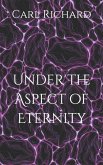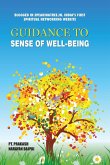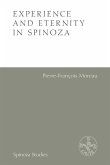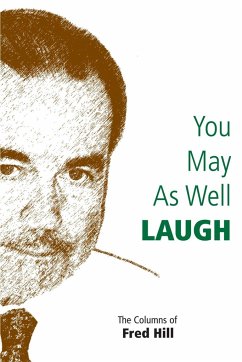In an effort to clear up misunderstanding of his previous writings and avoid future misinterpretations, Nietzsche assessed his own work in the autobiographical Ecce Homo and offered readers pointers for properly reading and understanding his writings. The Well of Eternity addresses Nietzsche's thinking on time and temporality in eight of his works, beginning with The Birth of Tragedy and culminating in Thus Spoke Zarathustra, using the pointers described in Ecce Homo. Its detailed exploration highlights three points: how central the matter of growth and maturation was to Nietzsche's sense of what it is to be a human being; how indispensable his own maturational struggles and advances were to his achievement of reflective insight; and how the ideas, which are the culmination of his own reflection on time and temporality, not only have their enabling grounds in the human capacity ("power"), which his own maturational advance eventually brings him, but also have their intended reflective meaning and make their claim to truth from the reflective standpoint defined by participation in such power.








